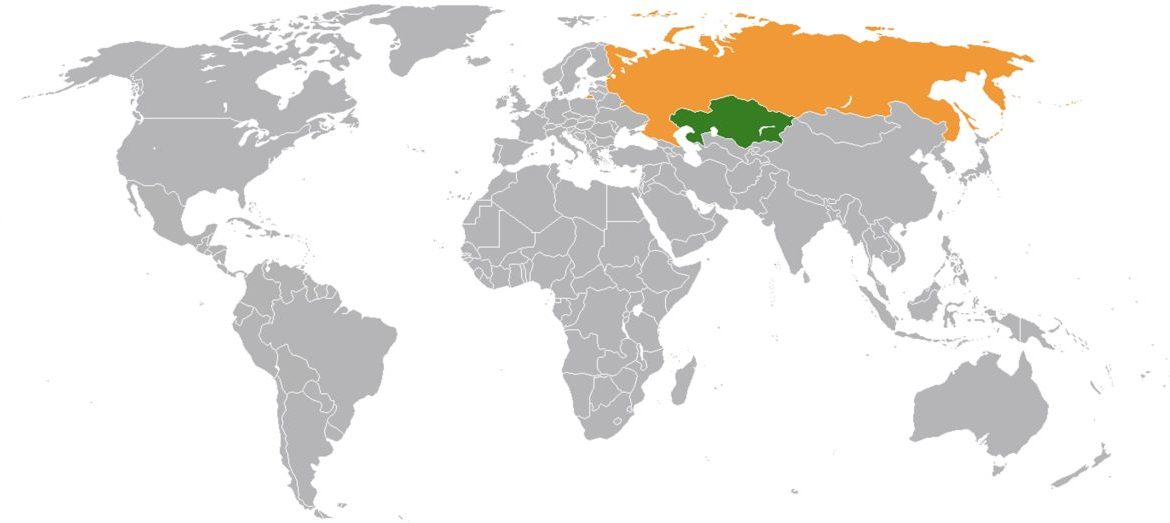Kazakhstani authorities claim that local brokerage firms bought Russian sovereign debt largely for Kazakh and Russian residents. This might be the coining of a new term – Kazakh Loopholes.
According to the Kazakhstan Agency for Regulation and Development of the Financial Market, transactions with ruble government securities known as OFZ have generated contracts worth 641.1 billion tenges ($1.4 billion) since March. The information is brought with the details of a bond-market technique employed by some investors. It didn’t include earlier data for comparison.
Kazakh customers accounted for 48.7% of the buys in the time period ending Dec. 1. Brokerages used them in deals that accounted for about half of all buys. Meanwhile, Russians accounted for 41.4% of the buys. Residents of the United Arab Emirates and Slovakia were among the purchasers, according to the agency.
Kazakh Financial Companies Were Able to Purchase Russian Government Debt at A Substantial Discount
According to Kazakhstan’s Central Securities Depository, the volume of registered Eurobonds and OFZ debt issued by the Russian Finance Ministry increased by 100 times in eight months.
After sanctions and other restrictions imposed following Russia’s invasion of Ukraine left many foreigners unable to sell holdings in Russian debt, the volumes highlight the growing reliance of certain investors on a financial backdoor provided by Kazakhstan. Here is where the Kazakh loopholes kick in.
According to data from the Moscow exchange, OFZ securities due in 10 years have almost returned to face value in Russia. This shows that investors don’t expect to lose money. Bloomberg News in August reported that businesses were assisting an increase in debt trading, including Barclays Plc. As a result, financial institutions in the area of 20-25 kopecks on the ruble were bidding.
Last year, the Russian government bond index fell by around 4% in the months after the war began in late February, this accrued double-digit losses.
Surviving Sanctions Through Loopholes?
The capacity of Kazakh investors to move money out of the country and seize on possibilities opened by flaws in the sanctions regime is also highlighted by the emergence of Russians among the top purchasers via Kazakh brokerages. Russian households’ overseas-bank foreign-currency reserves rose the most in at least four years in the third quarter.
Kazakhstan maintains its financial and trade links with Russia. However, it avoids supporting the war or acknowledging the annexation of Ukrainian territory. Hence, some investors have found a workaround in the Central Asian nation.
Six Kazakh brokerages, none of which were named, were discovered by the Kazakh regulator to be trading Russian debt. They used both their own and the client’s money.
















